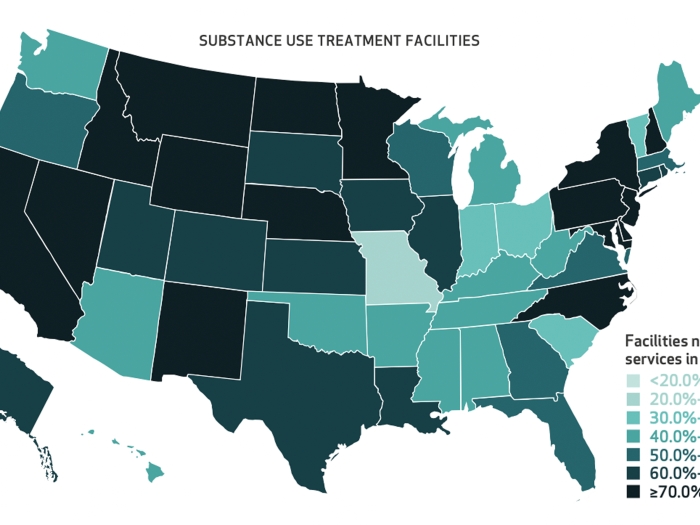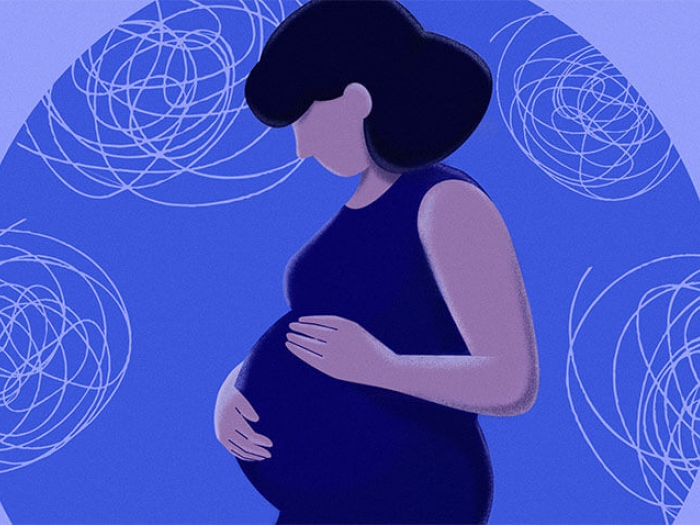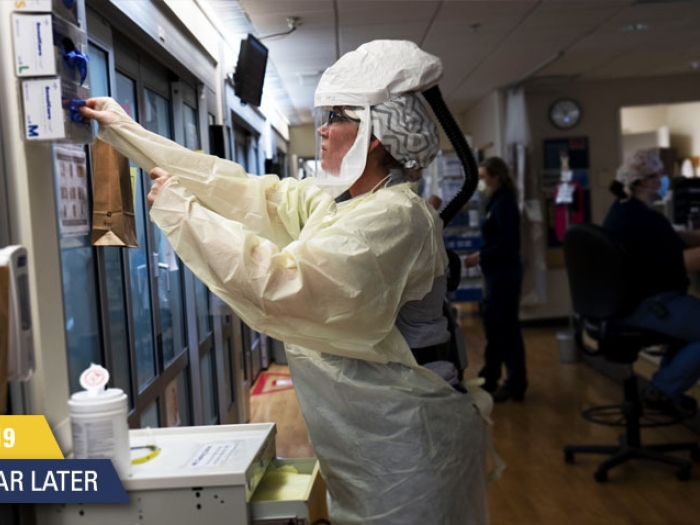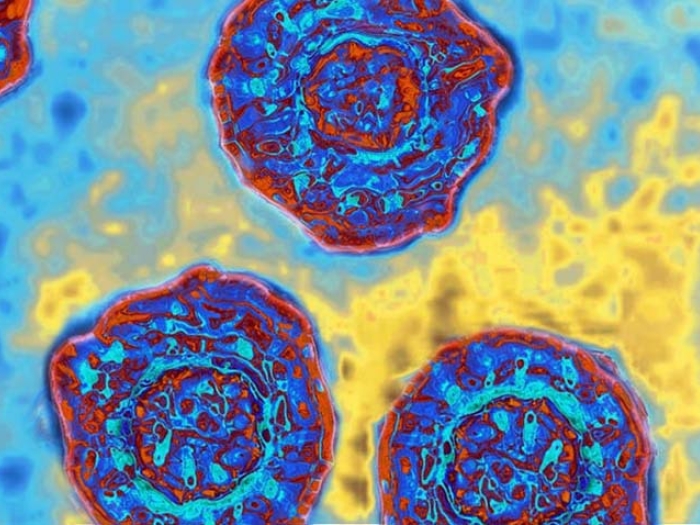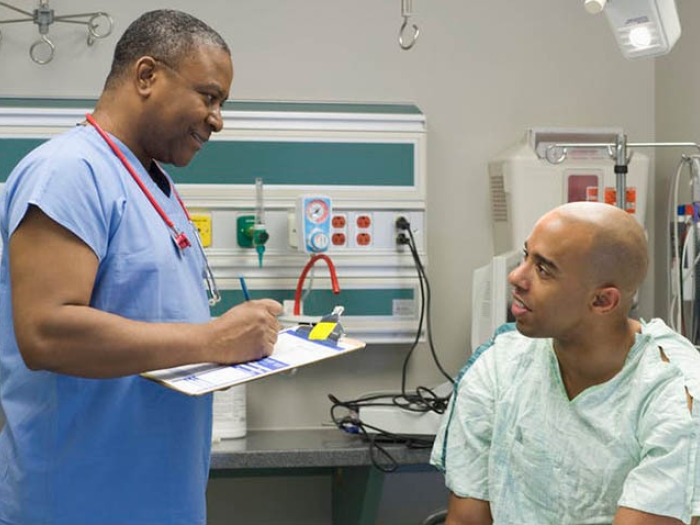How instructional videos for staff are helping transgender patients feel ‘safe, accepted and welcomed.’
5:00 AM
Author |
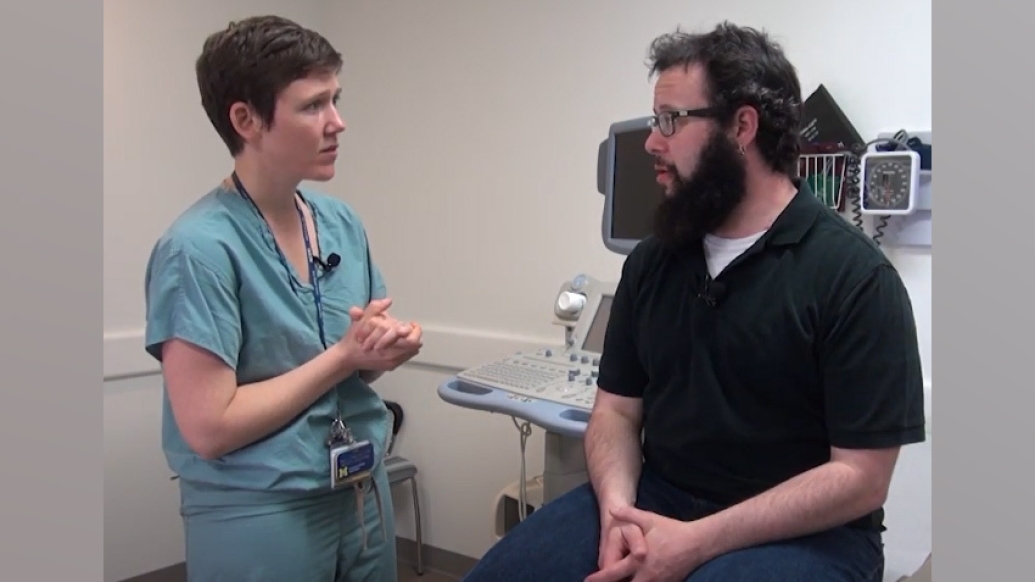
When Halley Crissman, M.D., M.P.H., first became a medical student at the University of Michigan, she saw the school's non-discrimination policy on gender identity as a good start to making Michigan Medicine, the medical center of the University of Michigan, a safe, accepting place for transgender and non-binary patients and staff.
However, in her mind, the policy alone was not enough.
It was clear after talking with her colleagues that many students and staff were struggling with how to talk to transgender patients and did not know how to navigate gender-related issues. Crissman's research soon proved that out statistically.
After collecting data from 600 front-line Michigan Medicine employees, 75% said that they received no formal education in caring for transgender individuals and one in three had experienced a situation at Michigan Medicine where they felt unprepared for a transgender patient or visitor.
"Transgender and gender diverse people face numerous barriers to health care, including violence and discrimination while attempting to obtain care," Crissman, a family planning fellow, said. "I came into medicine with a passion for issues of health and gender, reproductive justice and caring for the lesbian, gay, bisexual, transgender, queer community. As a learner, the University of Michigan Medicine School embraced my individual interests and showed commitment to fostering my growth and development in those areas."
Leading change
With the support of a mini grant, Crissman created an introductory video, as well as five job-specific training videos designed specifically for certain job groups who frequently interact with patients.
The job groups included providers, RN-MA-tech-allied health professionals, security guest service specialists, call center staff and registration clerks.
"This education is vital because it hasn't been taught in the health professions schools until recently," said Ruti Volk, who leads the Patient Education and Health Literacy Program.
Volk even uses these videos in her work as an educator.
"Many of us who consider ourselves allies of the LGBTQ+ community still do not know the appropriate terminology for addressing and relating to transgender people and make mistakes despite our good intentions," Volk said.
MORE FROM THE LAB: Subscribe to our weekly newsletter
These training videos are one step toward filling this educational void.
'Safe, accepted and welcomed'
Crissman's interest in developing training in transgender care became a personal campaign based on early observations from her days working in an Emergency Department.
There, Crissman said she noticed gender minority patients at times avoided or delayed regular care due to a fear of discrimination or lack of health insurance. This made them one of the minority groups most likely to receive care through the Emergency Department.
By improving care at all levels of Michigan Medicine, Crissman is aiming to remove such barriers for the transgender community.
"My hope is that all clinical staff at Michigan Medicine will be confident in providing care to and welcoming individuals who are transgender and gender diverse," Crissman said. "In turn, I hope that when gender minority individuals seek care or visit Michigan Medicine, they will not only receive the excellent care that we strive to provide, but that they also feel safe, accepted and welcomed."
This article was additionally reviewed by Allison Mi.
Like Podcasts? Add the Michigan Medicine News Break on iTunes, Google Podcasts or anywhere you listen to podcasts.

Explore a variety of healthcare news & stories by visiting the Health Lab home page for more articles.

Department of Communication at Michigan Medicine
Want top health & research news weekly? Sign up for Health Lab’s newsletters today!
